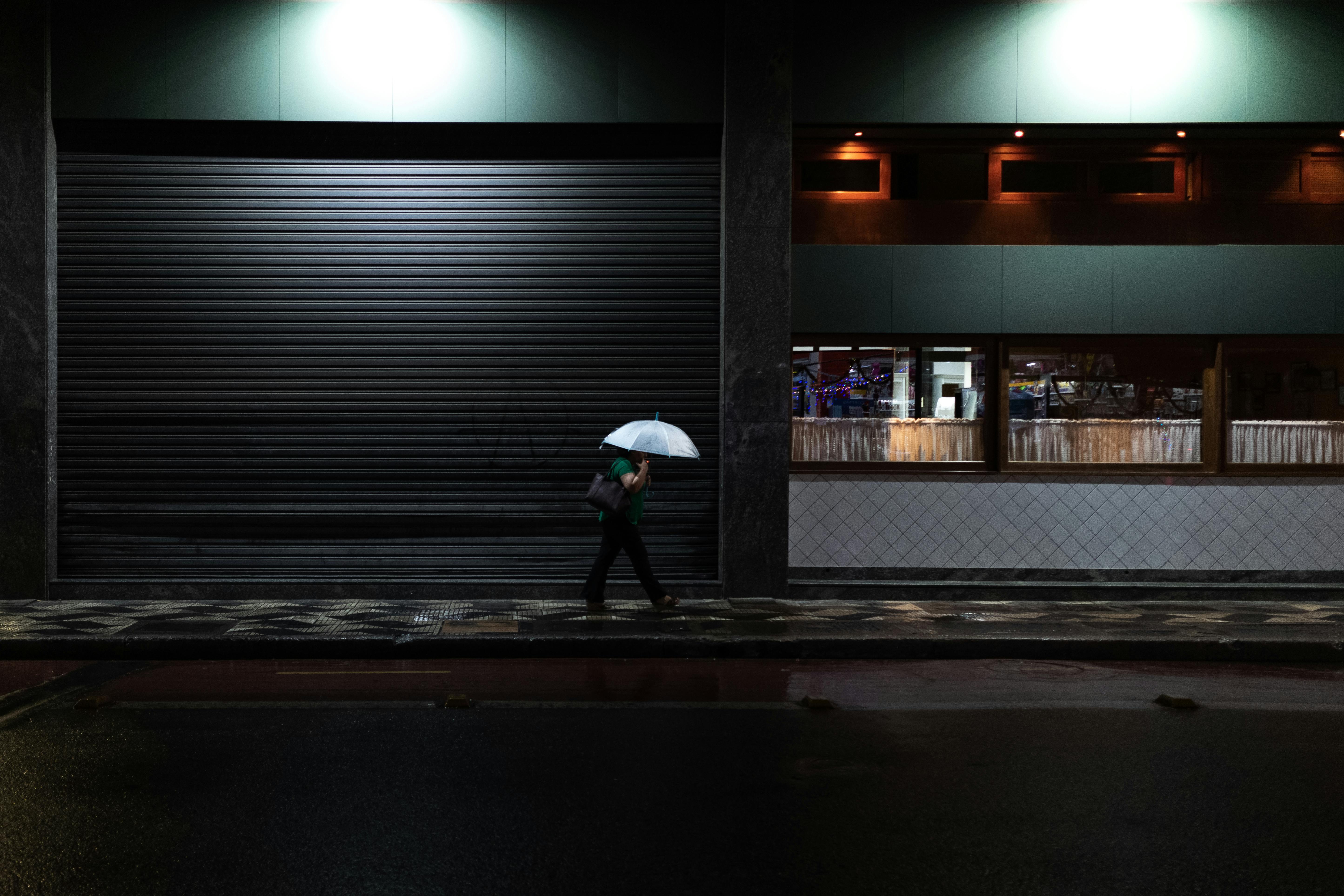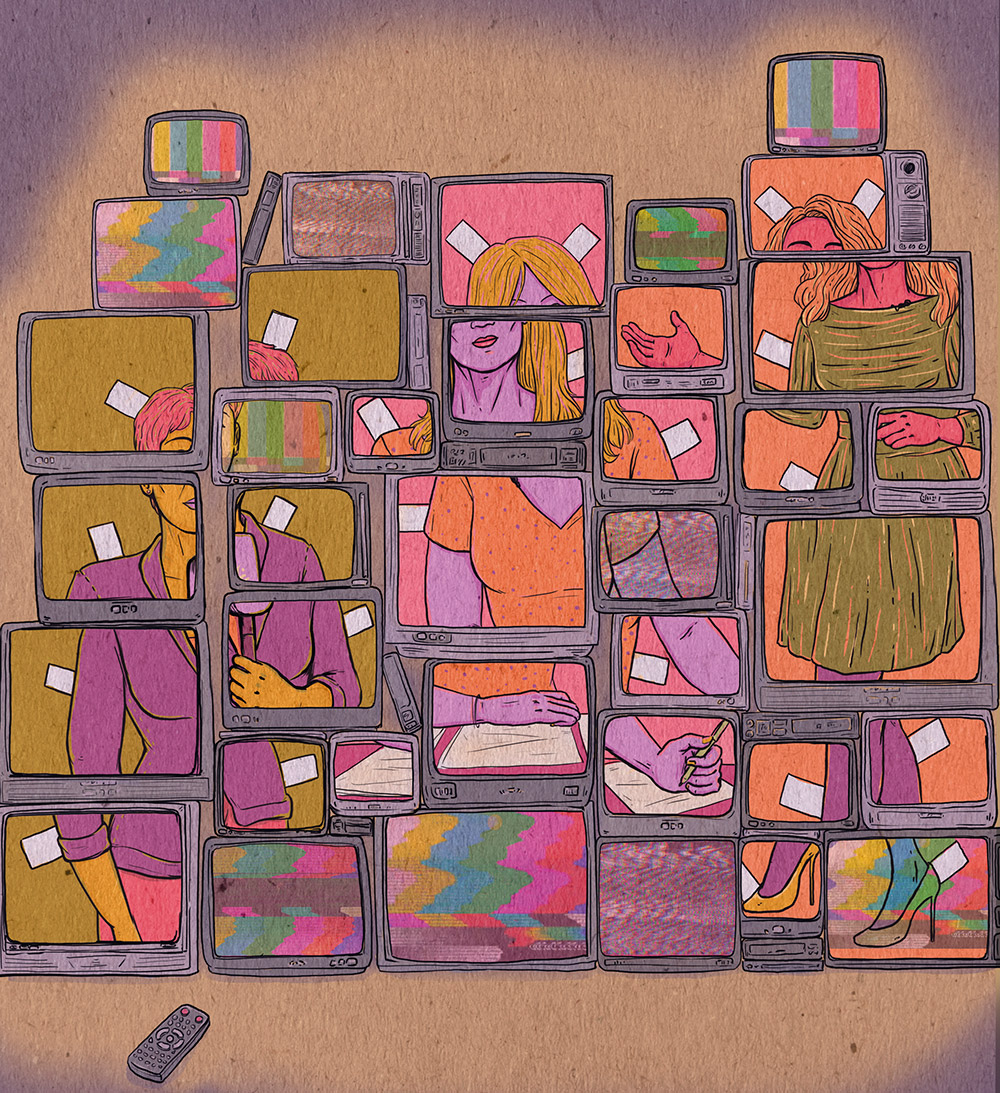Women with addiction have more difficult access and maintenance of treatment
- In many cases, women in situations of dependency do not seek treatment to avoid social criminalization. And half of the women who start treatment have felt like they want to quit, especially because they feel a lack of confidence in groups made up of men and often suffer machista attitudes.

The study conducted by Nagore Oroz, Yolanda Cervero and Iosu Martínez is entitled: Do women encounter barriers to accessing and maintaining addiction treatment resources? Analysis of the current situation. For one year, 127 CAV women with different addictions and professionals who work directly with them have been interviewed.
Rejection of treatments to avoid social criminalisation
These women with addictions were at different stages of treatment or, in some cases, did not use resources. "Researchers have found that many of those who did not receive any help were trying to hide themselves in order to avoid their social punishment," Emakunde explained in the presentation of the work.
The research also looked at the reasons why a woman undergoing treatment may continue or abandon treatment. Feeling more empowered or improving health are the main reasons for treatment adherence. However, according to the study, half of the women acknowledged to have felt a desire to leave the group, "especially due to the factors that affect the coexistence of a male group, due to lack of confidence and often due to the macho attitudes". Therefore, the women who participated in the study have requested legal and psychological support in situations of gender violence and that there are groups formed exclusively with women and with a gender perspective.
Professionals acknowledge that women have difficulty accessing treatment
This study recognizes that more than half of the professionals interviewed acknowledge that "women, as such, have difficulty accessing treatment or recourse to addiction". They say that there are no "objective" obstacles, but that the obstacles are linked to traditional gender roles: "prioritize other people's care or social stigma, for example."
In this study, professionals from family medicine, nursing, social education and psychology have participated, according to which the access of drug-dependent women to treatments is "essential greater accessibility, both economic and geographic, specific attention and gender training".
Eta zuk, txikitxo, honetan [kirol zehatz batean] jokatzen duzu?”. Horixe galdetu zion irakasleak nazioarteko emakume jokalari bati, gizonez betetako entrenatzaileen formakuntza-saioan. Esaldiaren paternalismoaz mintza ninteke, edo maila hartako kirolari hori bere esparruan... [+]
Almost thirteen years ago, he published in this same magazine a column entitled "Sympathetic potatoes." And in a way, it may be his continuation that he has begun to write now: Sympathetic children. On this occasion, as stated in the previous title, you talk about the role of your... [+]




















